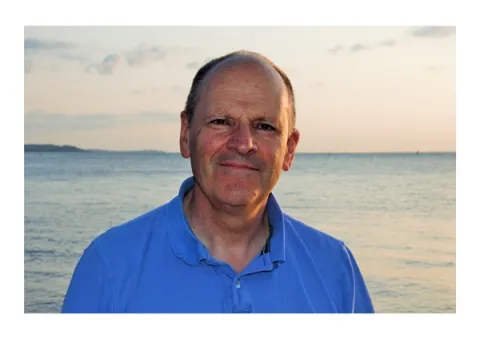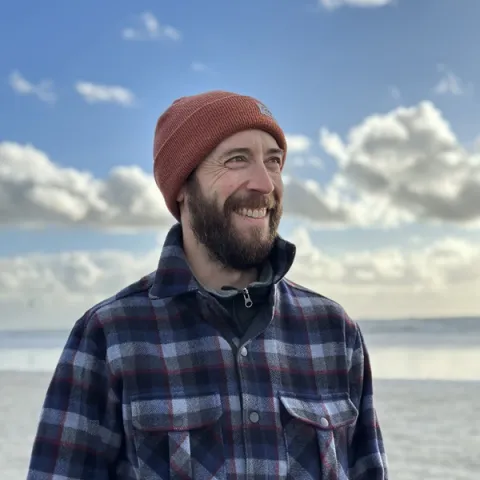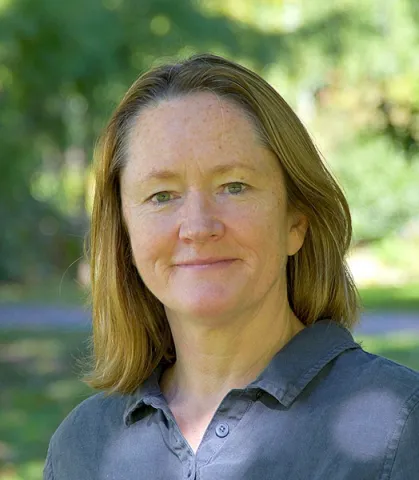Project overview
In the last 10 years, a resilience-based perspective towards coastal flooding and erosion has become increasingly prominent in national policy documents. Resilience is a broader concept that incorporates risk, but goes beyond it to consider the ability to anticipate and recover from adverse events that will inevitably occur. Despite its attraction, the concept of resilience remains ill-defined in many policy documents and largely qualitative.
This 12-month project funded by the SPF UK Climate Resilience Programme sets out to develop and demonstrate prototype methods to assess realistic pathways for strategic coastal erosion and flood resilience in the light of climate change, and to consider how resilience might be operationalized as a robust evidence-based framework for achieving more sustainable, equitable and societally acceptable adaptive responses to climate change at the coast. The main challenge was to devise a robust framework for quantifying resilience, such that comparative geographical assessments and forward modelling of temporal changes and the effects of specific adaptation pathways become possible.
The CoastalRes methodology was developed using local case studies and the entire coast of England as a case study, and demonstrates the practicality of formalising and quantifying resilience at multiple scales. This includes a pragmatic definition of resilience that encompasses not only the physical and ecological but also the socio-economic dimensions of coastal systems. Scenarios are used to model the impact of external drivers (e.g. climate change, land use, etc.) exploring likely response to selected policy options. Capitalising on the increasingly availability of open-source geospatial datasets, multi-variate measures are mapped over the flood and erosion hazard zone and combined using Multi Criteria Analysis (MCA) model to create spatially and temporally variable resilience indices. Subjective weightings within MCA are used constructively to provide an explicit and transparent representation of diverse stakeholder views.
This 12-month project funded by the SPF UK Climate Resilience Programme sets out to develop and demonstrate prototype methods to assess realistic pathways for strategic coastal erosion and flood resilience in the light of climate change, and to consider how resilience might be operationalized as a robust evidence-based framework for achieving more sustainable, equitable and societally acceptable adaptive responses to climate change at the coast. The main challenge was to devise a robust framework for quantifying resilience, such that comparative geographical assessments and forward modelling of temporal changes and the effects of specific adaptation pathways become possible.
The CoastalRes methodology was developed using local case studies and the entire coast of England as a case study, and demonstrates the practicality of formalising and quantifying resilience at multiple scales. This includes a pragmatic definition of resilience that encompasses not only the physical and ecological but also the socio-economic dimensions of coastal systems. Scenarios are used to model the impact of external drivers (e.g. climate change, land use, etc.) exploring likely response to selected policy options. Capitalising on the increasingly availability of open-source geospatial datasets, multi-variate measures are mapped over the flood and erosion hazard zone and combined using Multi Criteria Analysis (MCA) model to create spatially and temporally variable resilience indices. Subjective weightings within MCA are used constructively to provide an explicit and transparent representation of diverse stakeholder views.
Staff
Lead researchers
Other researchers
Collaborating research institutes, centres and groups
Research outputs
Kate Lonsdale, Nigel W. Arnell, Tim Coles, Kate Lock, Emer O'Connell, Paul O'Hare & Emma Tompkins,
2023
Type: bookChapter
Eli Lazarus, Sofia, Nadime Aldabet Munoz, Charlotte Thompson, Christopher Hill, R.J. Nicholls, Jon R. French, Sally Brown, Emma Tompkins, Ivan Haigh, Ian Townend & Edmund Penning-Rowsell,
2021, Anthropocene Coasts, 4(1), 137–146
Type: article
Eli D. Lazarus, Sofia Aldabet, Charlotte E.L. Thompson, Christopher T. Hill, Robert J. Nicholls, Jon R. French, Sally Brown, Emma L. Tompkins, Ivan D. Haigh, Ian H. Townend & Edmund C. Penning-Rowsell,
2021, Anthropocene Coasts, 4, 137–146
Type: article
Ian Townend, J.R. French, Robert Nicholls, Sally Brown, Stephen Carpenter, Ivan Haigh, Christopher Hill, Eli Lazarus, Edmund Penning-Rowsell, Charlotte Thompson & Emma Tompkins,
2021, Science of the Total Environment, 783
Type: article


